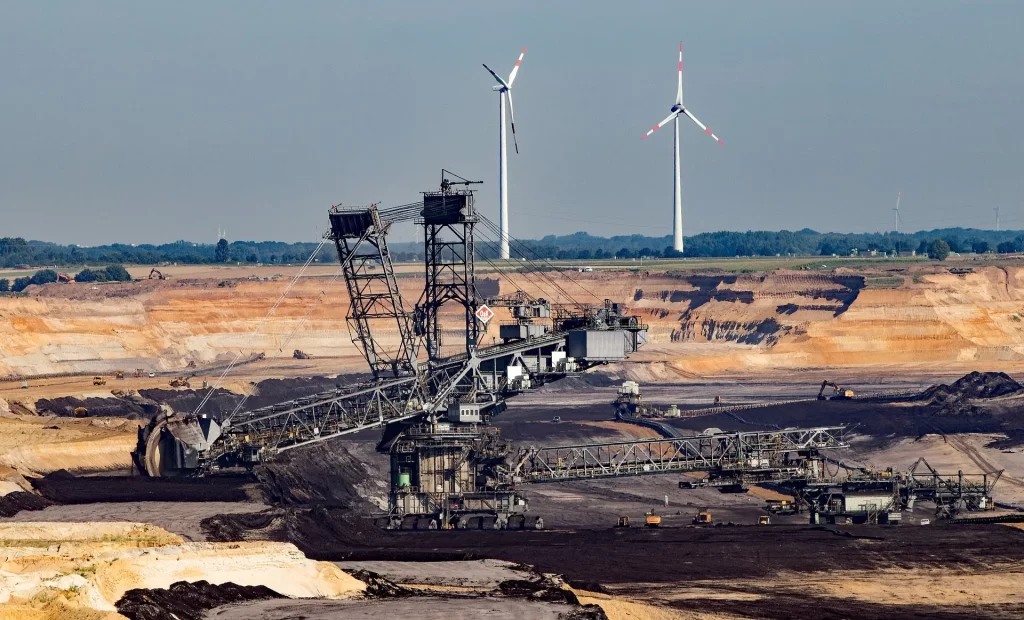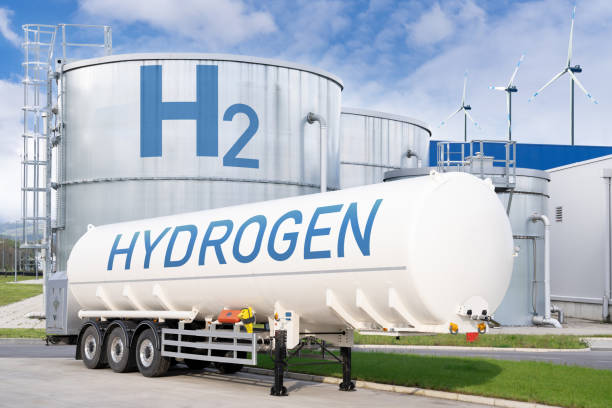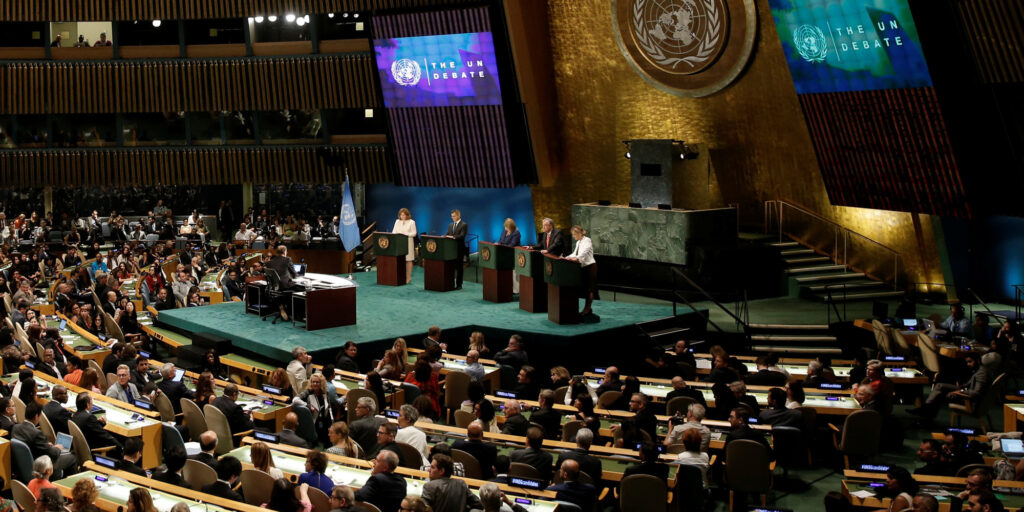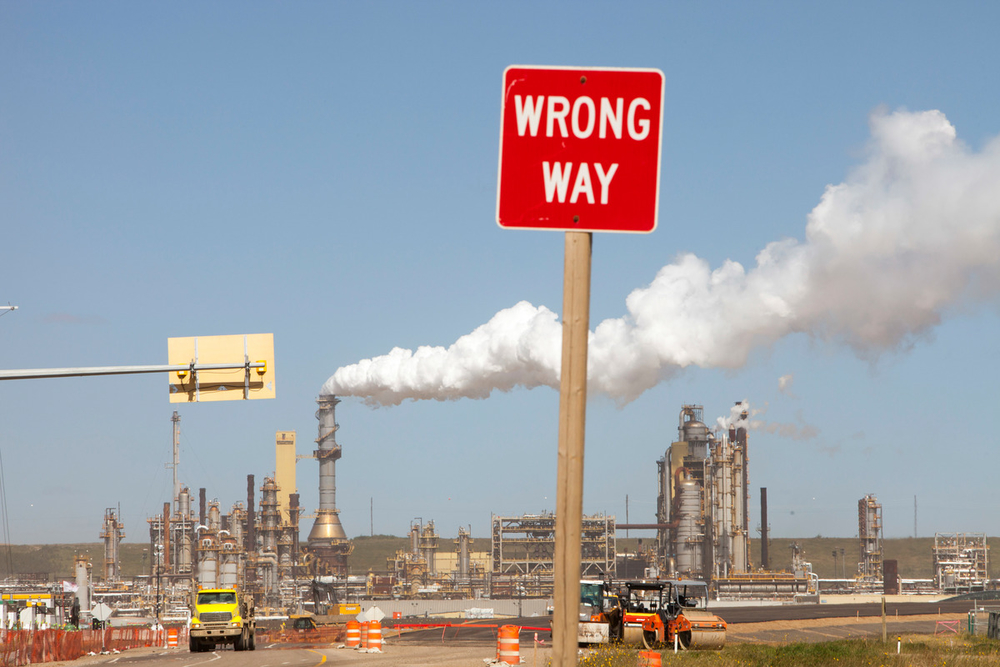For two reasons, improving the mining sector is vital to Nigeria’s green transition. First, the minerals utilised for manufacturing renewable energy technology, such as lithium and cobalt, are abundant in Nigeria. Second, large-scale production of renewable energy components and raw materials raises global electricity access and accelerates Nigeria’s energy diversification goals.
According to the nation’s Renewable Energy and Energy Efficiency Policy 2015, Nigeria targets 30GW of electricity by 2030, with renewable energy contributing 30%. With seven years to 2030, the International Renewable Energy Agency (IRENA) 2022 reported Nigeria’s renewable electricity output at 18.2%. This percentage is still far from the 30 per cent target by 2030, but it is attainable with the right strategies.
How will advancing the mining sector accelerate Nigeria’s energy transition plans?
Since renewable energy minerals are abundant in Nigeria, the mining sector can manufacture renewable energy technologies to amplify the country’s current initiatives. A robust supply and utilisation of renewable energy components reduces Nigeria’s reliance on imports and makes the transition to renewable energy more sustainable and cheaper. An illustrative example of the impact of supplying renewable energy minerals in accelerating green energy transition is China. China is a major producer of wind turbines and components. By manufacturing these domestically, China increased its renewable energy capacity, diversified its energy mix and increased its economic growth and government revenue, which can be further invested in renewable energy infrastructure and research. The expected trend for energy transition minerals provided by IEA is seen below.
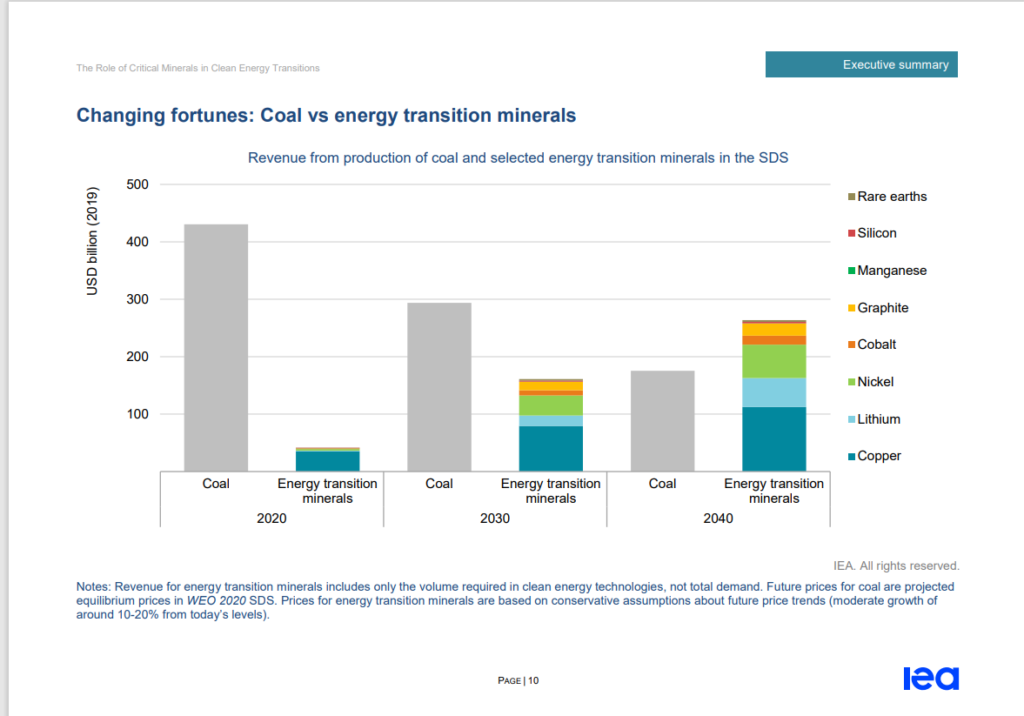
Key considerations: How do we ensure environmentally sustainable practices?
There are existing laws in Nigeria to ensure environmentally sustainable practices. These laws include the Environmental Impact Assessment Act, which mandates the compulsory conduction of an Environmental Impact Assessment (“EIA”) for any project or activity likely to affect the environment adversely. The assessment guarantees that proposed projects integrate environmental and sustainability issues into development planning. The Act mandates the project’s promoters to submit the EIA report to the National Environmental Standards and Regulations Enforcement Agency for approval. However, this statutory requirement has been criticised as being ineffective.
According to industry experts, Nigeria’s environmental safeguards continue to weaken. The requisite assessments are sparsely conducted, and environmentally unfriendly projects progress. An example is the Lower River Niger dredging. In this case, the federal government committed itself to dredging Lower River Nigeria without an impact assessment report as required by the 1992 Act. Upon a cursory examination of the EIA Act, one can presume that a reason for its lack of compliance is its inadequate penalty for defaulters. Per section 60 of the Act, failure to comply with the provisions results in a fine of ₦100,000 or up to five years’ imprisonment for private individuals or between ₦50,000 to ₦100,000 for companies. In addition, the EIA provides for public participation under sections 2 and 24 to ensure inclusivity in decision-making, but this has proved impractical. Opportunities for public participation are usually announced towards or after the project’s commencement. Environmental experts have opined similar dissension with enforcement provisions in the Act, terming the announcements of projects as public relations and not actual involvement. Moreover, the EIA Act does not accord aggrieved members sufficient channels to seek redress, as the only dispute mechanism available is litigation, which is time-consuming and sometimes inadequate. Alternative dispute mechanisms should be explored and adopted to resolve disputes.
It is crucial for the relevant stakeholders to uniformly proffer policy-making solutions to upscale renewable energy technologies to bolster clean energy access and foster economic growth. Parallel to this, enforcing and upgrading environmental protection laws should be considered.
